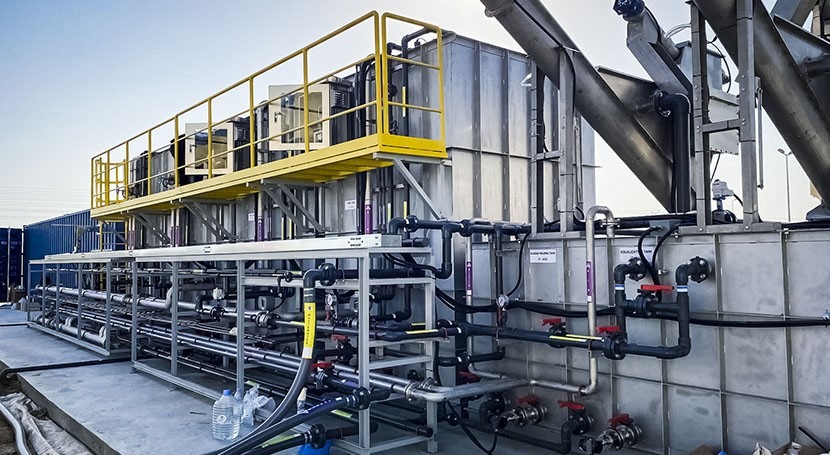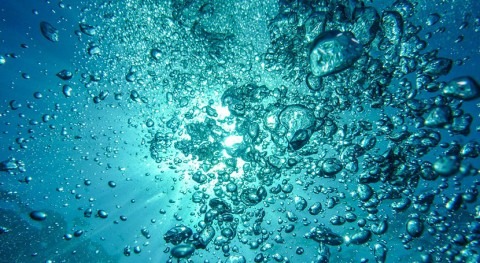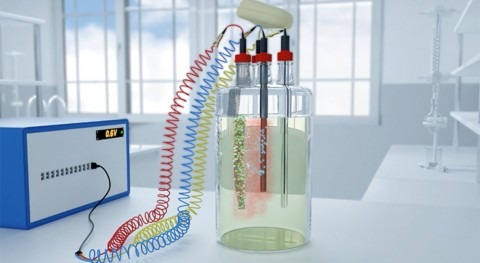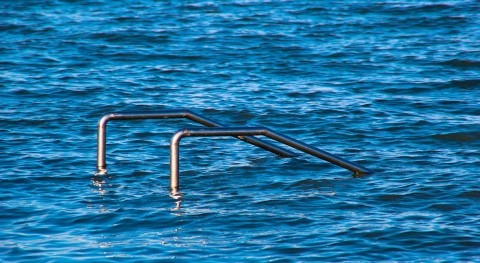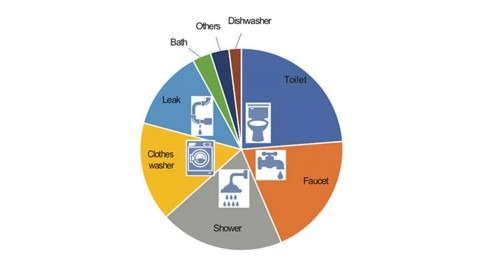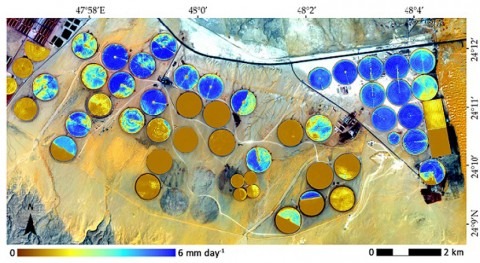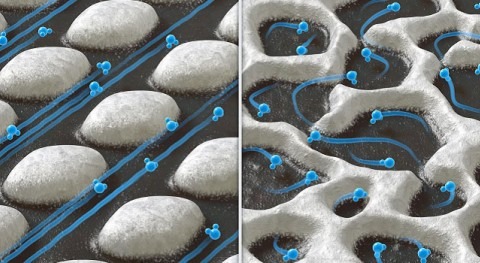Professor Pascal Saikaly and Dr. Muhammad Ali, a former research scientist at KAUST and currently an assistant professor at Trinity College Dublin, have recently completed the installation of the first KAUST-invented decentralized wastewater treatment and reuse unit in Rabigh, Saudi Arabia.
The mobile, 'plug&play,' modular technology is the fruit of the team's five-year research effort at KAUST that aims to efficiently treat and convert wastewater into reusable water for areas not connected to the centralized sewer network. The team is working with KAUST Innovation & Economic Development (IED) and its local partner, National Water Company (NWC), to deploy the first full-scale technology demonstration at the NWC Wastewater Treatment Plant (WTTP) in Rabigh.
About 40% of households in the Kingdom don't have access to a centralized sewer network. And the wastewater generated from these households is collected and transported to centralized wastewater treatment plants via trucks which is costly and contributes to many issues like traffic congestion, pollution, and greenhouse gas emissions. This current dilemma and the ever-growing population in the Kingdom brought about the conception of a novel wastewater treatment technology employing AGS-GDM technology. The WDRC scientists coupled Aerobic Granular Sludge (AGS) technology with Gravity Driven Membrane (GDM) to create a decentralized wastewater treatment unit that can treat 150 m3 of wastewater, serving about 1000-1500 persons. The system has a significantly smaller footprint and lower operational cost than conventional wastewater treatment processes and can produce water of reliable quality for non-potable reuse applications such as irrigation, horticulture, and industry.
After successfully demonstrating the technology at NWC's Rabigh WWTP site, the KAUST-owned decentralized wastewater technology expects to deliver a recognizable impact by serving the population in unserved areas in the Kingdom. In addition to job creation, the technology will improve environmental quality and contribute to Saudi Vision 2030 by increasing water reuse.


